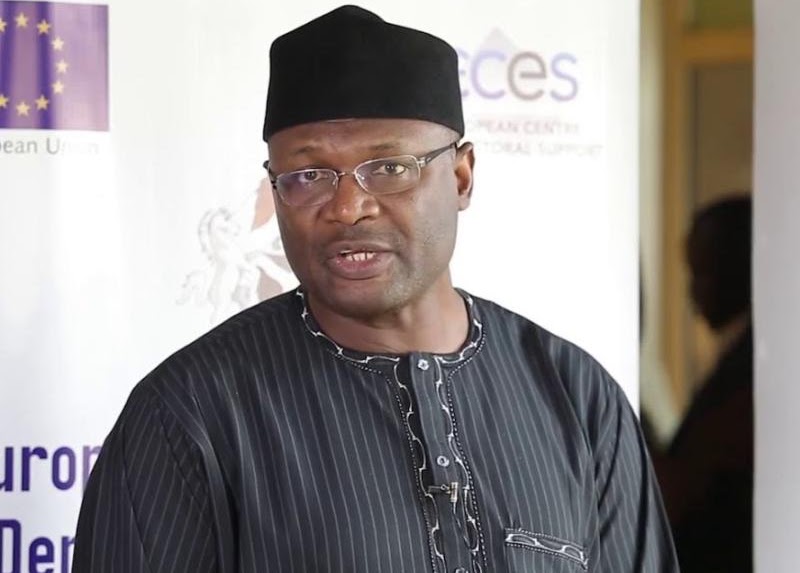Yakubu gave this clarification during a recent introduction retreat for Resident Electoral Commissioners (RECs) in Lagos. The UNDP (UN Development Programme) was in charge of serving as the conference's host.
The Electoral Act of 2022, specifically Section 47:1, states that voters must "present themselves with their voter card to a presiding officer for accreditation at the polling unit in his constituency in which their name is registered," and the chairman of INEC claims that the reports that went viral late last week are untrue and violate that provision.
His remarks were made because the recently implemented Bimodal Voter Accreditation System (BVAS) may verify voters even if they do not physically produce their cards at polling stations, suggesting that Nigerians should be allowed to vote without PVCs.
He elaborated, “Nobody can vote without the PVC. The position of the law is, therefore, clear. The PVC is a requirement for voting.”
Meanwhile, a coalition of INEC registered civil society organisations (CSOs), under the auspices of Saving Our Votes, said it uncovered about 84,000 underage persons in Plateau State’s voter register.”
At a press conference in Abuja on behalf of the coalition, Stafford Jedidiah Bisong of Intercontinental Leadership Initiative lamented that the register is rife with minors, some younger than five years old.
Bisong claims the investigation uncovered several registrations in Wase, Kanam, and Kanke in Jos North. He also said some were discovered in Sharabutu in Riyom Council as well.
“While we applaud technological advancement in the electoral process, INEC should find solutions in creating a seamless process for PVC collection, as the current process is not as effective as required,” he continued, urging INEC to clean up the register in Plateau State and across the country.



